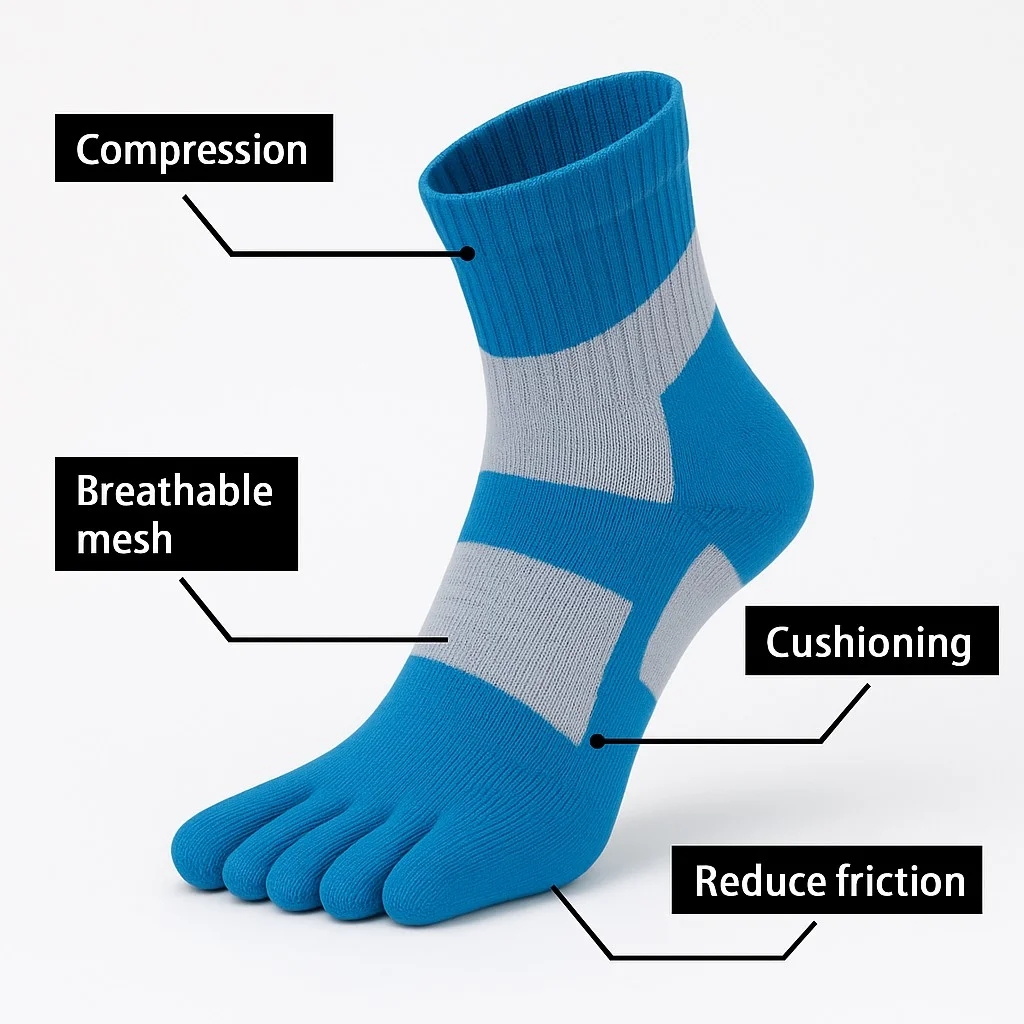Sustainable Style: A Deep Dive into Environmentally Friendly Clothing Brands
In recent years, the fashion industry has faced increasing scrutiny regarding its environmental impact. As consumers become more conscious of their purchasing decisions, the demand for sustainable and environmentally friendly clothing brands has surged. This article explores various brands that prioritize sustainability, examining their practices, materials, and contributions to a greener future.
Understanding Sustainable Fashion
Before delving into specific brands, it’s essential to understand what constitutes environmentally friendly clothing. Sustainable fashion encompasses a range of practices aimed at minimizing the ecological footprint of clothing production and consumption. This includes the use of organic materials, ethical labor practices, waste reduction, and a commitment to circular fashion principles.
Key Characteristics of Environmentally Friendly Brands
- Sustainable Materials: Brands that prioritize organic cotton, hemp, Tencel, and recycled materials significantly reduce the environmental impact associated with traditional textile production.
- Ethical Labor Practices: Environmentally friendly brands often ensure fair wages and safe working conditions for their employees, aligning with the principles of ethical fashion.
- Transparency: Brands that openly share their supply chain practices and environmental impact assessments foster trust and accountability among consumers.
- Circular Economy Initiatives: Many sustainable brands are adopting circular fashion models, which include recycling, upcycling, and take-back programs to reduce waste.
Notable Environmentally Friendly Clothing Brands
- Patagonia
Patagonia is a pioneer in sustainable outdoor clothing. The brand uses recycled materials in its products and is committed to reducing its carbon footprint. Patagonia’s Worn Wear program encourages customers to repair and recycle their gear, promoting a circular economy.
- Eileen Fisher
Eileen Fisher focuses on creating timeless, versatile pieces using organic and recycled fibers. The brand is committed to social responsibility, ensuring fair labor practices throughout its supply chain. Eileen Fisher also runs a take-back program, allowing customers to return old garments for recycling.
- Reformation
Reformation is known for its trendy styles and commitment to sustainability. The brand uses eco-friendly materials and has a transparent supply chain. Reformation’s “RefScale” measures the environmental impact of each product, helping consumers make informed choices.
- Everlane
Everlane champions “radical transparency,” providing detailed information about the cost breakdown of each item, including materials and labor. The brand uses sustainable materials and partners with ethical factories to produce its clothing.
- Allbirds
While primarily known for its footwear, Allbirds has expanded into clothing with a focus on sustainability. The brand uses natural materials like merino wool and eucalyptus tree fiber, emphasizing a low-impact production process.
The Role of Certifications
When evaluating environmentally friendly clothing brands, certifications can serve as a reliable indicator of a brand’s commitment to sustainability. Look for certifications such as:
- Global Organic Textile Standard (GOTS): Ensures organic status and social responsibility in textile production.
- OEKO-TEX Standard 100: Certifies that textiles are free from harmful substances.
- Fair Trade Certified: Guarantees fair wages and safe working conditions for workers.
The Future of Sustainable Fashion
The shift towards environmentally friendly clothing is not just a trend; it represents a fundamental change in consumer behavior and industry practices. As awareness of environmental issues grows, brands are increasingly held accountable for their impact on the planet. The future of fashion lies in innovation, with advancements in sustainable materials and production methods paving the way for a more responsible industry.
Conclusion
Choosing environmentally friendly clothing brands is a powerful way for consumers to contribute to a more sustainable future. By supporting brands that prioritize ethical practices, sustainable materials, and transparency, individuals can make a significant impact on the fashion industry. As the demand for sustainable fashion continues to rise, it is crucial for consumers to stay informed and make conscious choices that align with their values. The journey towards a more sustainable wardrobe is not only beneficial for the planet but also for the future of fashion itself.
